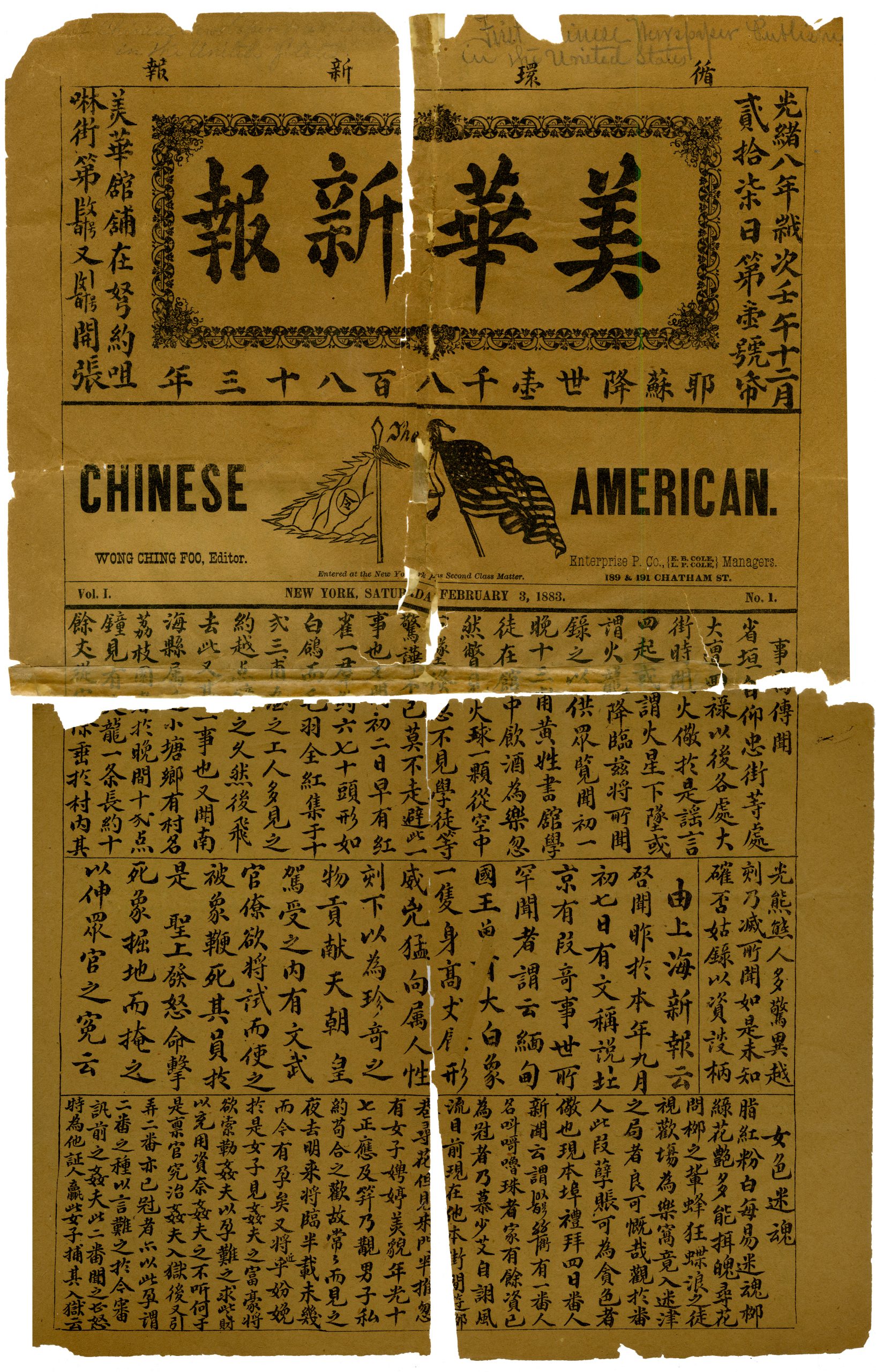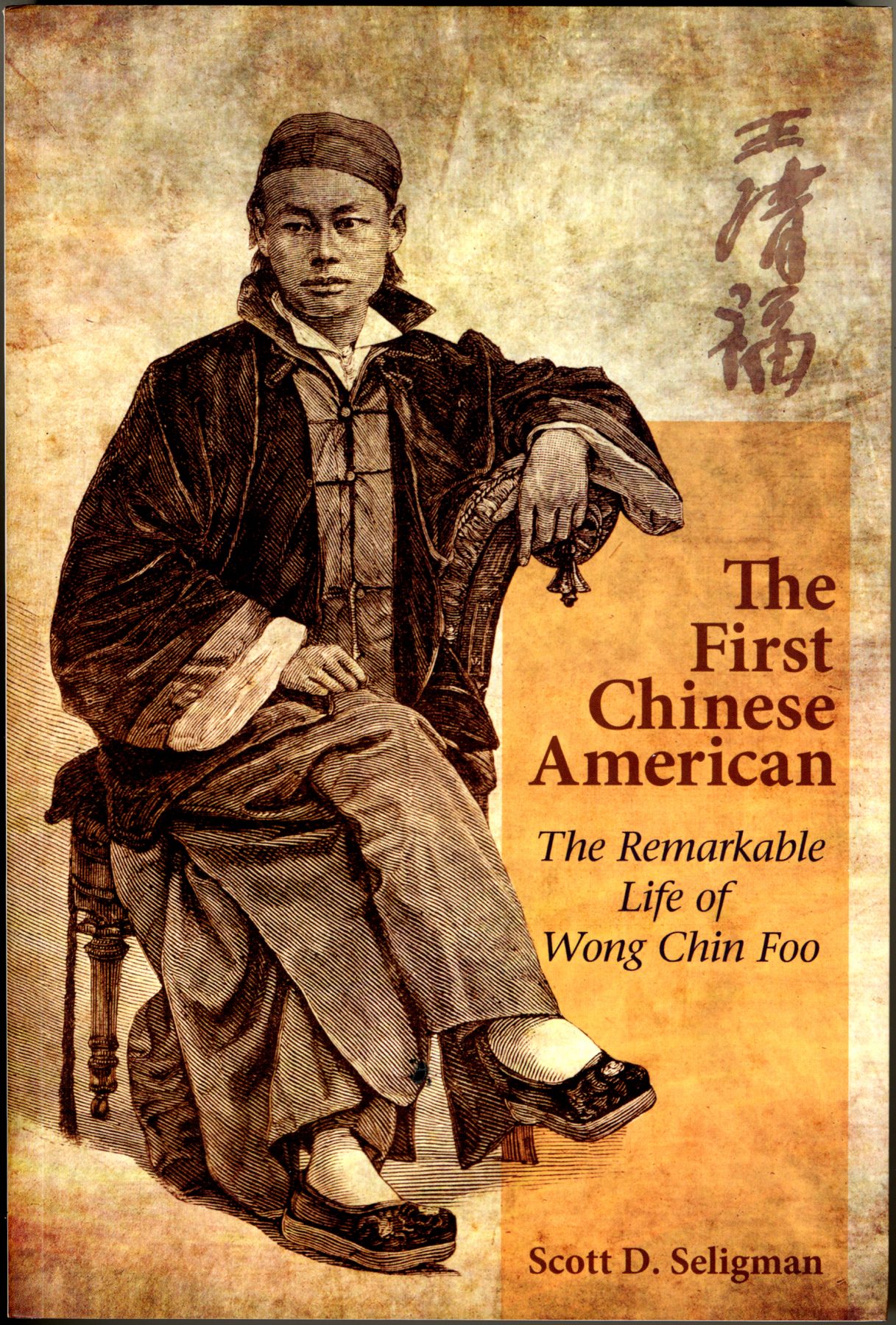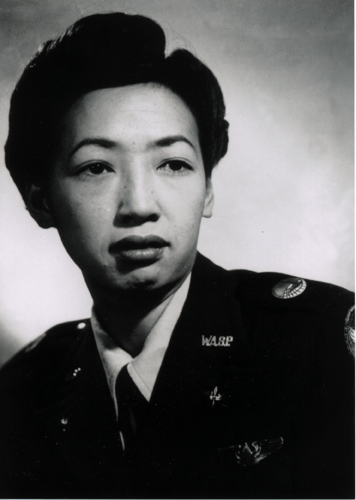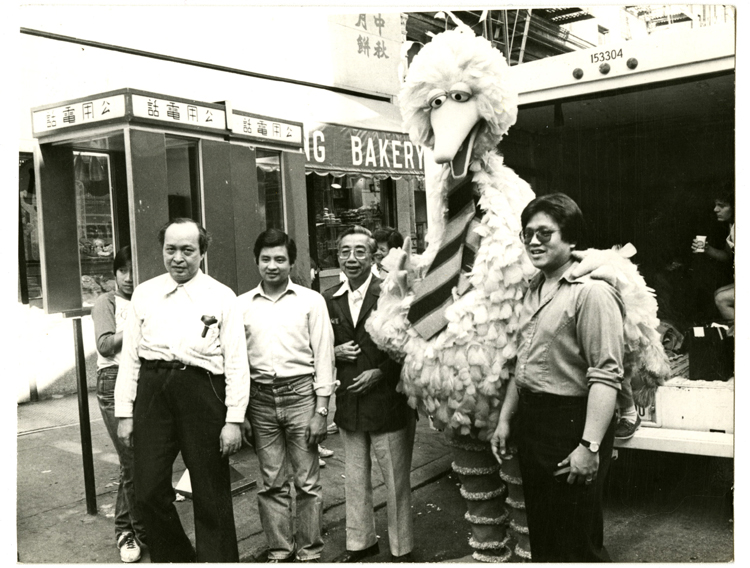
A copy of the first issue of the Chinese American, Museum of Chinese in America (MOCA) Collection.
《华美新报》创刊号,美国华人博物馆(MOCA)馆藏
Wong Chin Foo (1847-1898) was a Chinese-American activist and one of the most prolific Chinese writers in America during the second half of the 19th century. Born in Shandong, he came to the U.S. for the first time in 1868. Wong returned to China in 1870, married, and became an interpreter for the Customs Service in Shanghai and later in Zhenjiang, where he participated in anti-Qing activities. When government forces pursued him, he fled China in 1873, becoming a U.S. citizen the following year. He is most notably credited with coining the term “Chinese American” and, in 1883, publishing Manhattan’s first Chinese newspaper, The Chinese American.
In 1892, Wong challenged the Geary Act, a successor to the Chinese Exclusion Act, that rendered Chinese ineligible for citizenship. He did not oppose the restriction on future immigration of Chinese laborers but wished for citizenship for those Chinese willing to remain in the U.S. and “Americanize.” According to one anecdote, Wong cynically offered a $500 reward for anyone who could prove that Chinese ate rats or dogs, to which no one responded.
In 1896, Wong published the first edition of the semi-monthly Chinese News in Chicago. He likely met with Sun Yat-sen in Chicago and announced that Chicago was the headquarters of a Chinese revolutionary junta. Two years later, he departed the U.S. for Hong Kong, returned to China for a family reunion, and died of heart failure in Weihai, Shandong. Wong played a vital role in forming a Chinese-American identity and advocating for his community. He is referred to by some as the “Chinese Martin Luther King” for his active dedication to civil and labor rights of the Chinese community in the U.S.


